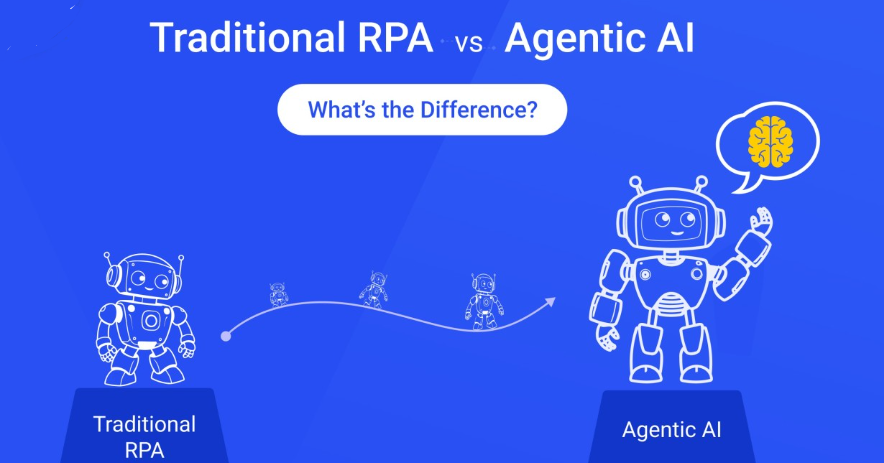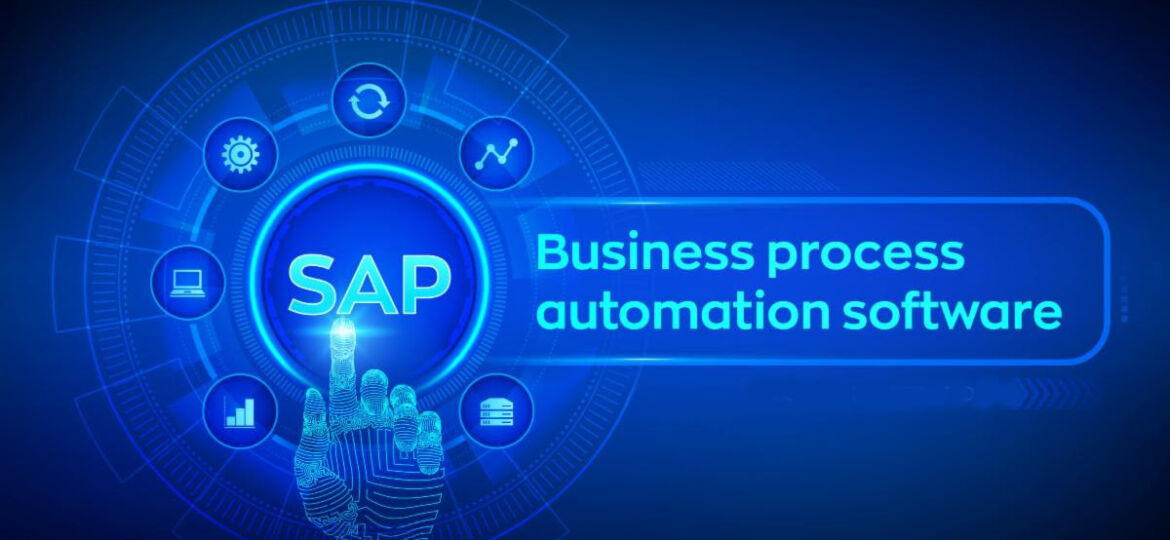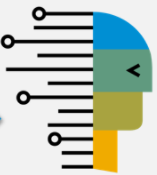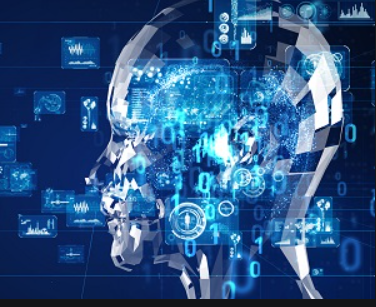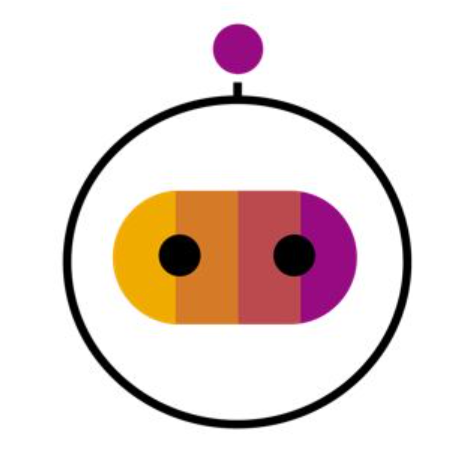Agentic automation doesn’t eliminate RPA—it extends it. It’s the missing layer that connects bots, APIs, documents, and people into an intelligent system that drives outcomes.
RPA
Process automation entails the use of technology to automate your business process. This eases the processes, centralizes information, cuts back on the cost of your workforce and makes processes faster.
Intelligent RPA is not stopping at RPA 2.0. Thanks to artificial intelligence, robots will become increasingly independent of human input in the future. The expected stages of intelligent RPA are RPA 3.0 {autonomous robots} and RPA 4.0 {cognitive robots}.
RPA and AI support each other and can coexist in integration to form a more robust platform for intelligent automation — automating any front- or back-office business process and orchestrating work across combined human-bot teams
Today, RPA solutions deliver that promise: they automate from old mainframe applications to classic Windows applications as well as modern web-based applications. RPA has started to merge with other technologies like AI and Machine Learning to improve outcomes, SAP and industry call this Intelligent RPA.
Software robots are easy to design, build, and deploy. They don’t require complex coding like integration platforms do. So, when considering a digital transformation strategy, RPA can be the driver of short-term success and ROI


